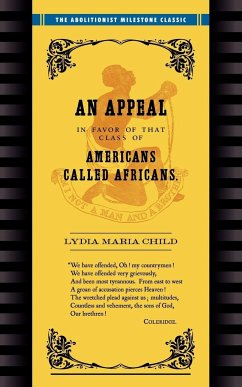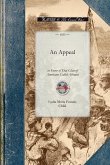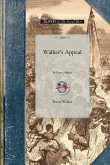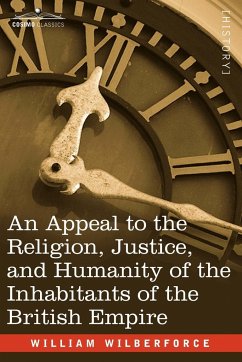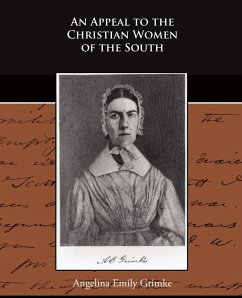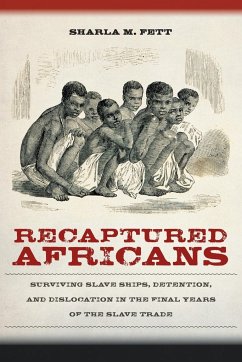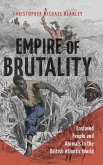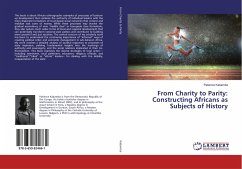One of the most important abolitionist works, by one of America's most important women writers. Child, outspoken in her condemnation of slavery, pointed out its contradiction with Christian teachings, described the moral and physical degradation it brought upon slaves and owners alike, and not excepting the North from its share of responsibility for the system. "I am fully aware of the unpopularity of the task I have undertaken," she wrote in the introduction, "but though I expect ridicule and censure, it is not in my nature to fear them."
Hinweis: Dieser Artikel kann nur an eine deutsche Lieferadresse ausgeliefert werden.
Hinweis: Dieser Artikel kann nur an eine deutsche Lieferadresse ausgeliefert werden.

